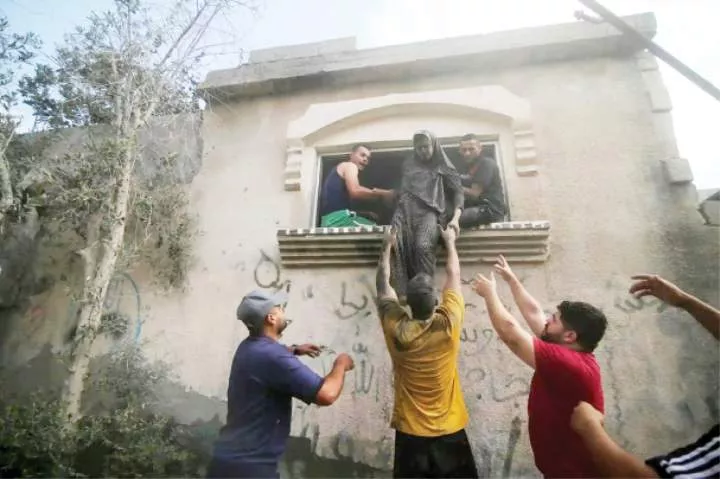
The Israeli military appears to have begun an invasion of Gaza without announcing it, sending troops into the enclave in what appears to be its longest and most ambitious ground incursion since Hamas carried out cross-border attacks on October 7, New York Times reports.
Troops advanced into the northern part of the enclave on Friday evening, accompanied by a massive aerial and artillery bombardment and remained there on Saturday evening, according to military officials.
However, the military has not publicly described the operation as an invasion. But its army posted videos showing Israeli forces targeting Hamas anti-tank positions.
"Starting early last night, the Israeli military, led by combined combat teams of armoured, engineering and infantry forces, is operating on the ground in the northern Gaza Strip," the post stated.
The announcement came more than 24 hours after entering the Palestinian territory as the military expanded its war on Hamas.
As Israel presses a ground operation and continues to bombard Gaza, the United Nations (UN) High Commissioner for Human Rights, Volker Turk, has warned that there is the potential for thousands more civilians to die.
"Given the manner in which military operations have been conducted until now, in the context of the 56-year-old occupation, I am raising the alarm about the possibly catastrophic consequences of large-scale ground operations in Gaza and the potential for thousands more civilians to die," he stated.
Saudi, Oman condemn invasion On its part, Saudi Arabia's foreign ministry has issued a statement condemning Israeli ground operations that threaten the lives of Palestinian civilians.
"The Kingdom warns of the danger of continuing to carry out these blatant and unjustified violations of international law against our brotherly Palestinians," the statement noted after Israel announced expanded military operations in Gaza.
Oman has also voiced concern over the full Israeli incursion into Gaza, cautioning that it will have a 'catastrophic consequences.'
Its foreign ministry warned that an Israeli ground invasion of Gaza would have "serious catastrophic consequences on the region and the world, and the prospects of achieving peace and stability."
He called on the international community to immediately intervene to stop the Israel-Palestine war and to speed humanitarian aid deliveries to Gaza.
The ministry added that Israel's siege and bombardment of Gaza amounted to war crimes and crimes against humanity.
Int'l media, aid agencies lose contact with staff
Gazan internet connections and phone lines were down and the cutoff of most communications made it difficult to assess the extent of the military action. Hamas's armed wing confirmed on Friday night and Saturday afternoon that its forces were fighting with Israeli soldiers inside Gaza.
Palestinian telecommunication networks blamed Israel's bombardment for the wide-scale blackout, which left most people in Gaza unreachable by phone.
The blackout sparked fear and panic, according to residents who were able to reach the outside world as people struggled to get information or check on family and friends.
"The explosions were happening to our left, to our right - from all directions," said Helmi Mousa, a Gaza City resident, who was able to use his cellphone, possibly because he had a foreign SIM card. "The anxiety has been devastating ever since the communications went black," he added.
Following a widespread communication blackout in Gaza and a night of intensive bombing, UN chief, Antonio Guterres, said the ongoing situation "must be reversed" and repeated his calls for a ceasefire. He added that he was extremely concerned about UN staff in Gaza given the Israeli military's blockade of communications, and that he was surprised by Israel's unprecedented escalation of its bombardments in Gaza.
The UN chief added that he was encouraged by a growing international consensus for a humanitarian pause in the strip, where thousands of people have already been killed since October 7.
The head of the World Health Organisation (WHO) stated on X that the blackout was "making it impossible for ambulances to reach the injured," and international aid agencies said they had lost contact with their staff there.
A spokesman for the Gaza Health Ministry said on Al Jazeera that Israeli strikes had killed nearly 400 Palestinians in the past several hours, raising its death toll in the Strip to over 7,700.
Previously, its updates came every few hours to their social media channels, but they have been silent since phone and internet connections were cut off.
Juliette Touma, the director of communication of UNRWA, said the blackout in Gaza had complicated an already difficult humanitarian operation for the UN agency.
"Today, we have only one line of communication with our director, who continues to be in southern Gaza, in Rafah. We have just been able to establish some communication with five of our area officers spread across the Gaza Strip. They are using satellite phones to communicate. But it is patchy and not always reliable.
"We received reports that the bombardments last night were believed to be some of the heaviest since the war started three weeks ago. We have already lost 53 of our colleagues in Gaza," she told Al Jazeera, adding that it is highly likely that UNRWA could have lost more colleagues during the bombardments last night.
Touma stressed that right now, it is really important for the world to remember that across the Gaza Strip there are about 2.3million people who are very kind.
A Qatar broadcaster, Al Jazeera, said its correspondents in the Gaza Strip were able to provide sporadic updates via satellite but direct communication is often hampered due to the near-total communications blackout in the bombarded enclave.
Al Jazeera's correspondent, in Khan Younis saïd the blackout had sent people into a devastating emotional state as some have family members in the northern part of Gaza; and are not able to get hold of them up to this moment.
"I also have family members at a hospital in Gaza, who are taking care of a patient but have not been able to reach them.
"The situation in the hospitals is still very difficult. One truck brought medical supplies to Nasser Hospital in Khan Younis but that was just a drop in the ocean as the needs here are massive.
"Meanwhile, the hospital is keeping its gates open for people if they want to evacuate. It has been forced, however, to shut down major departments as it has only one power generator working due to the lack of fuel," he added.
The United Arab Emirates asked the UN Security Council on Saturday to meet "as soon as possible" following Israel's communication blackout across Gaza and its expanded ground operation.
The 15-member council could meet as early as Sunday, diplomats said, and the UAE has asked for UN aid chief Martin Griffiths and Philippe Lazzarini, the head of UNRWA, the UN agency providing aid to Palestinians, to brief, Reuters reports.
Nigeria, clerics urge end to killings
Meanwhile, the Federal Government of Nigeria is reiterating its call for a quick de-escalation of hostilities by Israel against Palestine and a return to the negotiating table to continue the search for peaceful resolutions.
It also called for the implementation of the two-state solution as a permanent settlement of the inter-generational cycle of violence.
The Minister of Foreign Affairs, Ambassador Yusuf M. Tuggar, made the call in a statement he personally signed on Saturday.
The Nigerian government also called for an immediate durable and sustained humanitarian truce between Israeli forces and Hamas in Gaza and asked for the opening of a humanitarian corridor.
While noting that the situation in Gaza is dire and requires immediate attention as a result of the recent uptick in violence, he said women, children and other vulnerable groups were among innocent civilians who have suffered greatly as a result of the indiscriminate violence and are currently bearing the consequences.
Similarly, Nigerian Muslims and Christian clerics have jointly appealed to the international community to halt the killing of civilians in Gaza by Israeli airstrikes.
The clerics also expressed their concern about the number of civilian casualties in Gaza, which includes both Muslims and Christians.
This call for action was made during an interactive session with the Palestinian Ambassador to Nigeria, Abdallah Abu Shawesh, organised by a Kaduna-based Islamic scholar, Shaikh Ahmad Gumi.
Speaking at the forum, Pastor Yohanna Buru pleaded with religious leaders in Nigeria to understand the Palestine-Israel conflict to avoid speaking out of ignorance. He emphasized the existence of different interpretations and misinformation about the conflict that has led some individuals to overlook the atrocities being committed against the people in Gaza.
In his remarks, Nafiu Baba Ahmed, secretary to the Supreme Council for Shari'ah in Nigeria, noted that many Nigerian Christians did not fully understand the situation in Israel due to Western media propaganda.

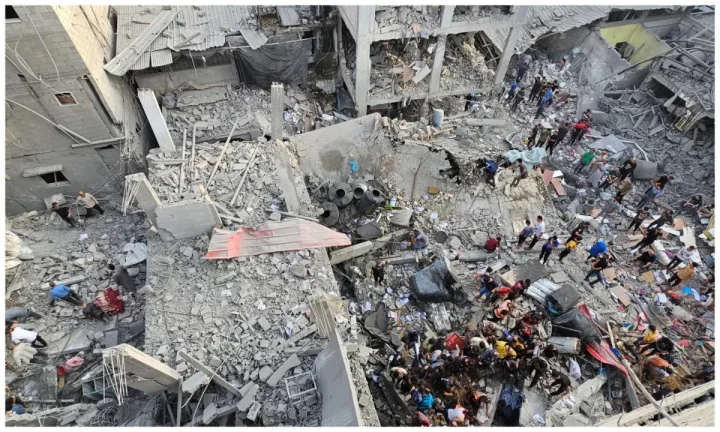
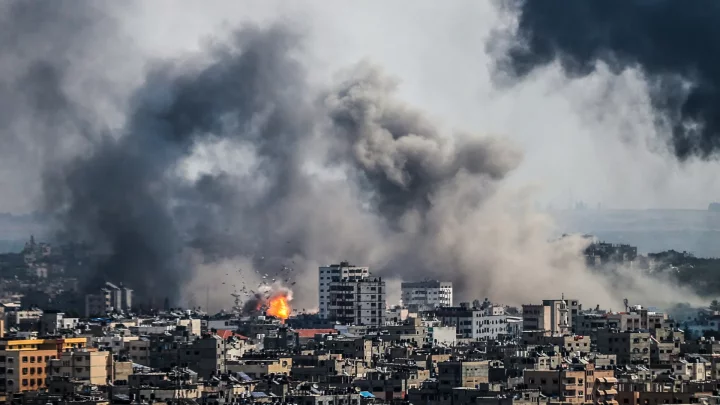

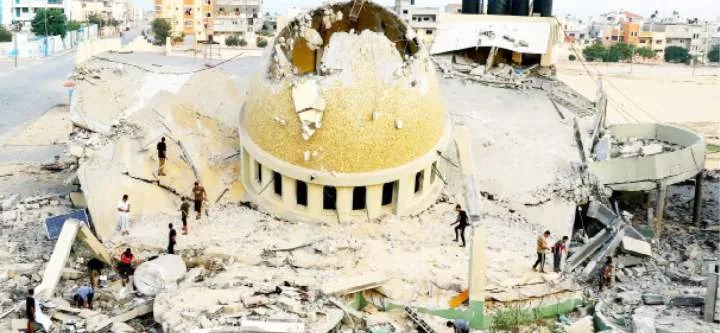
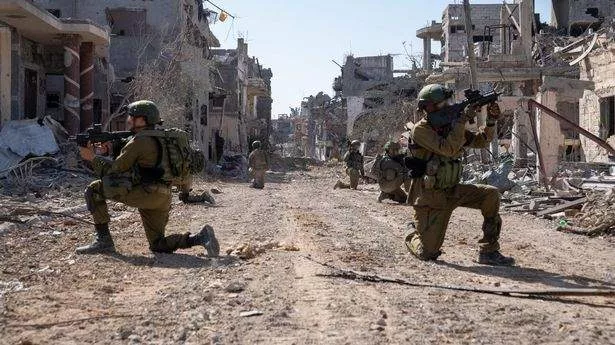
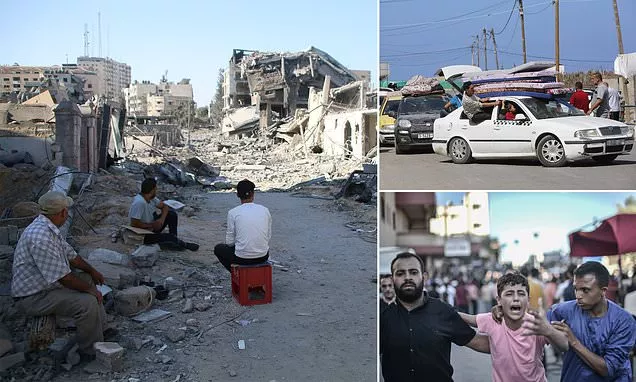

![BREAKING: EFCC arrests 115 BDC Operators, seize over N100m [PHOTOS] BREAKING: EFCC arrests 115 BDC Operators, seize over N100m [PHOTOS]](https://static.netnaija.com/i/eYak5A8ZKP3.webp)


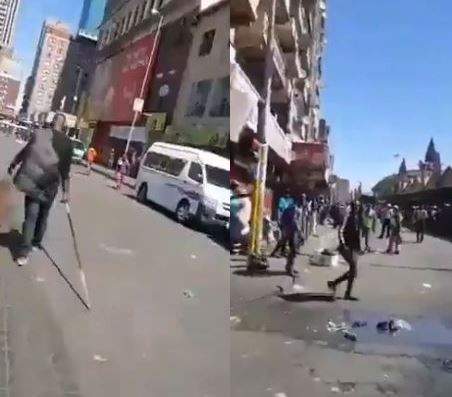

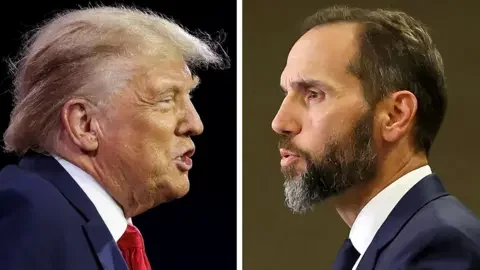
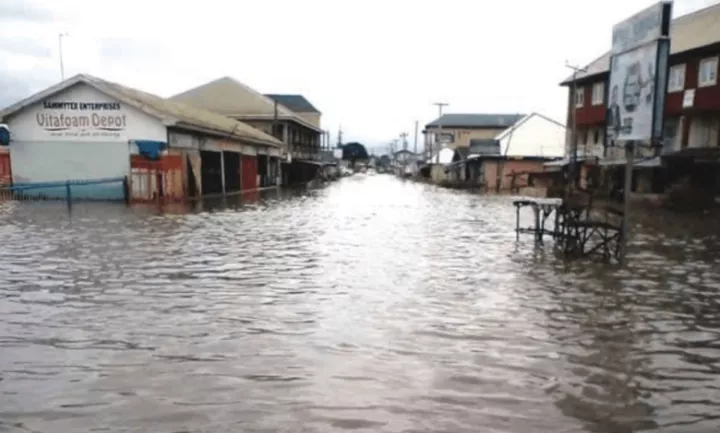


Comments